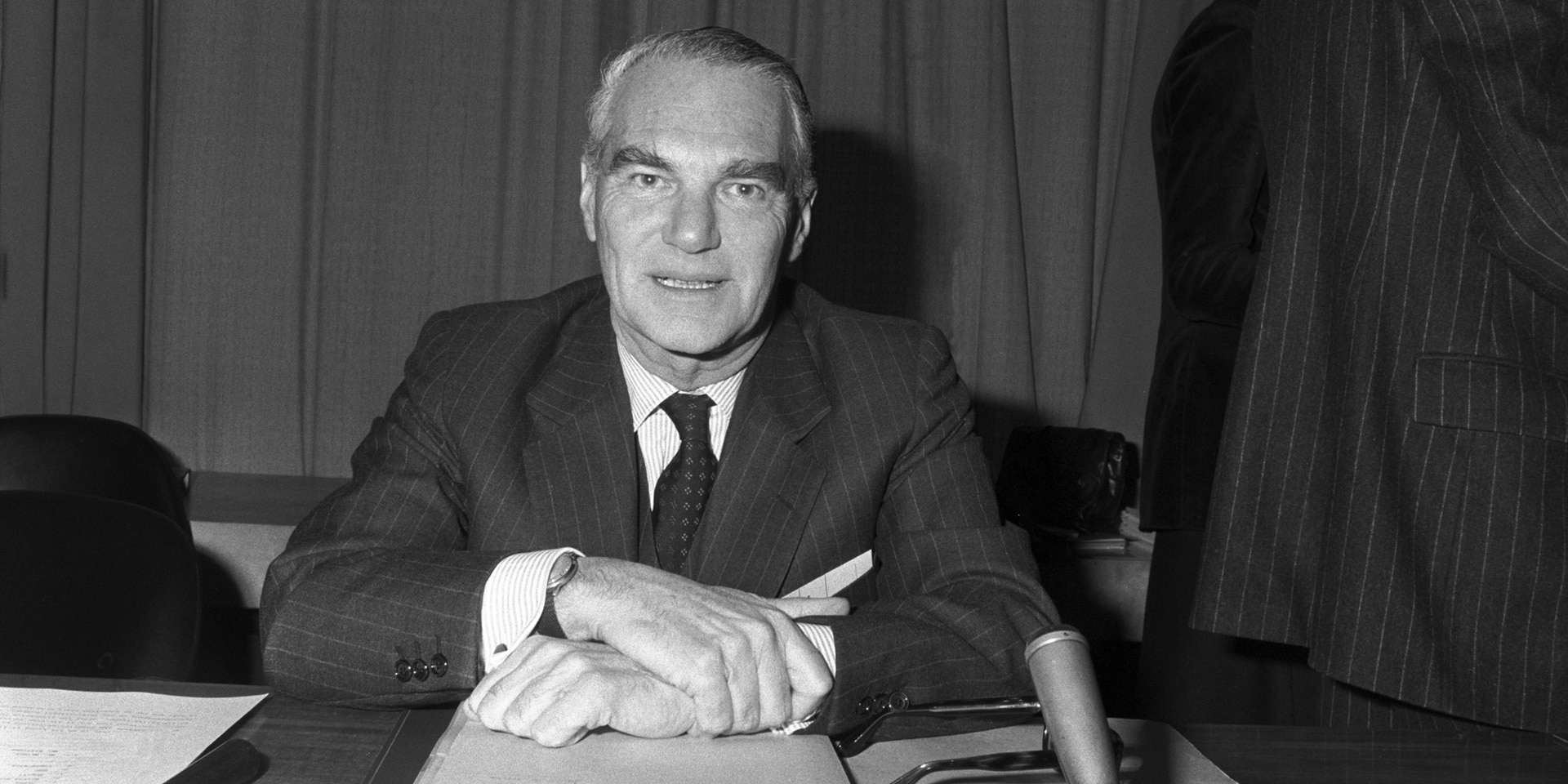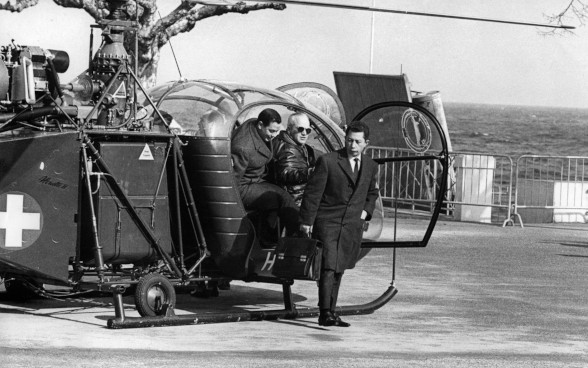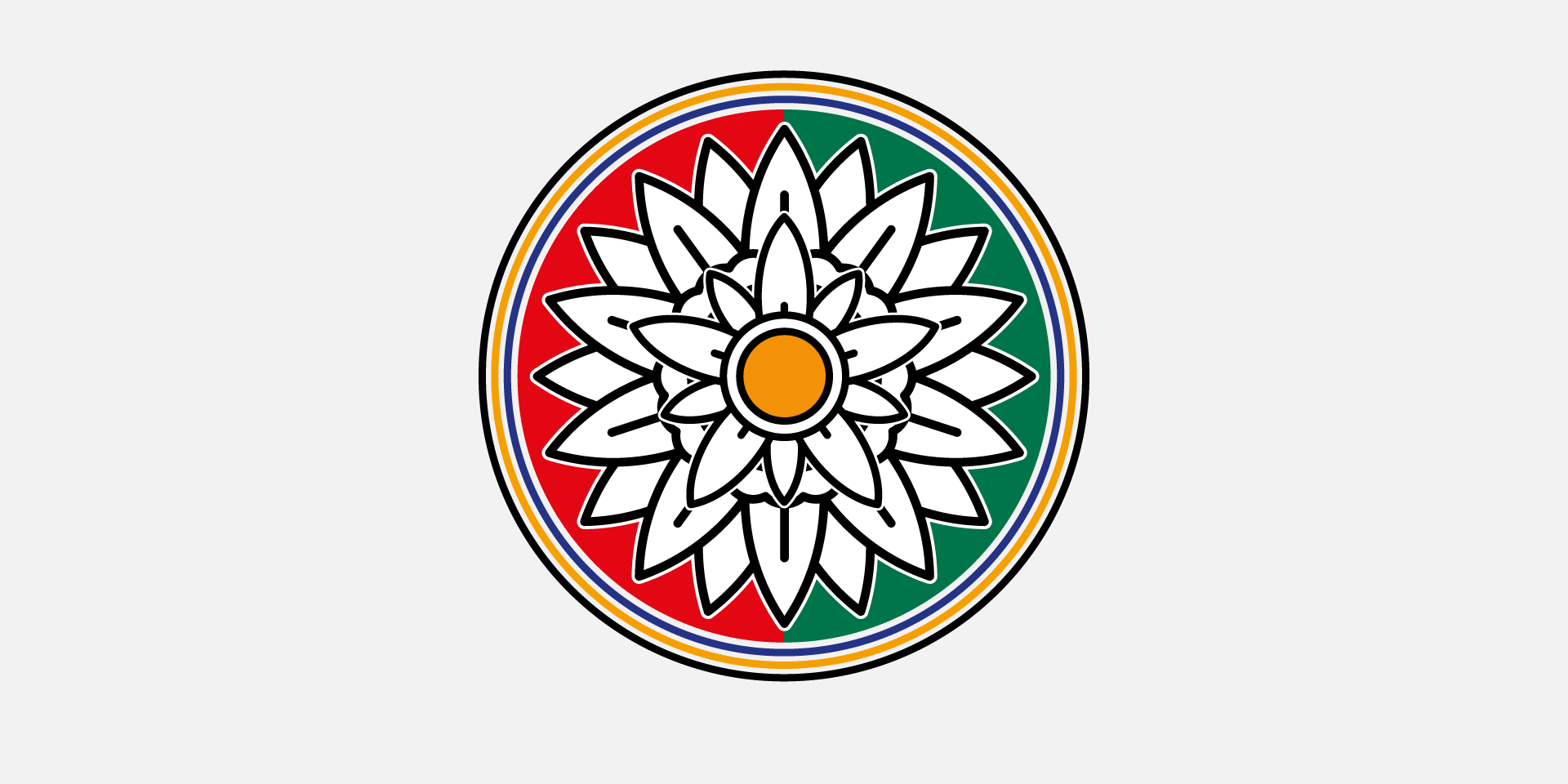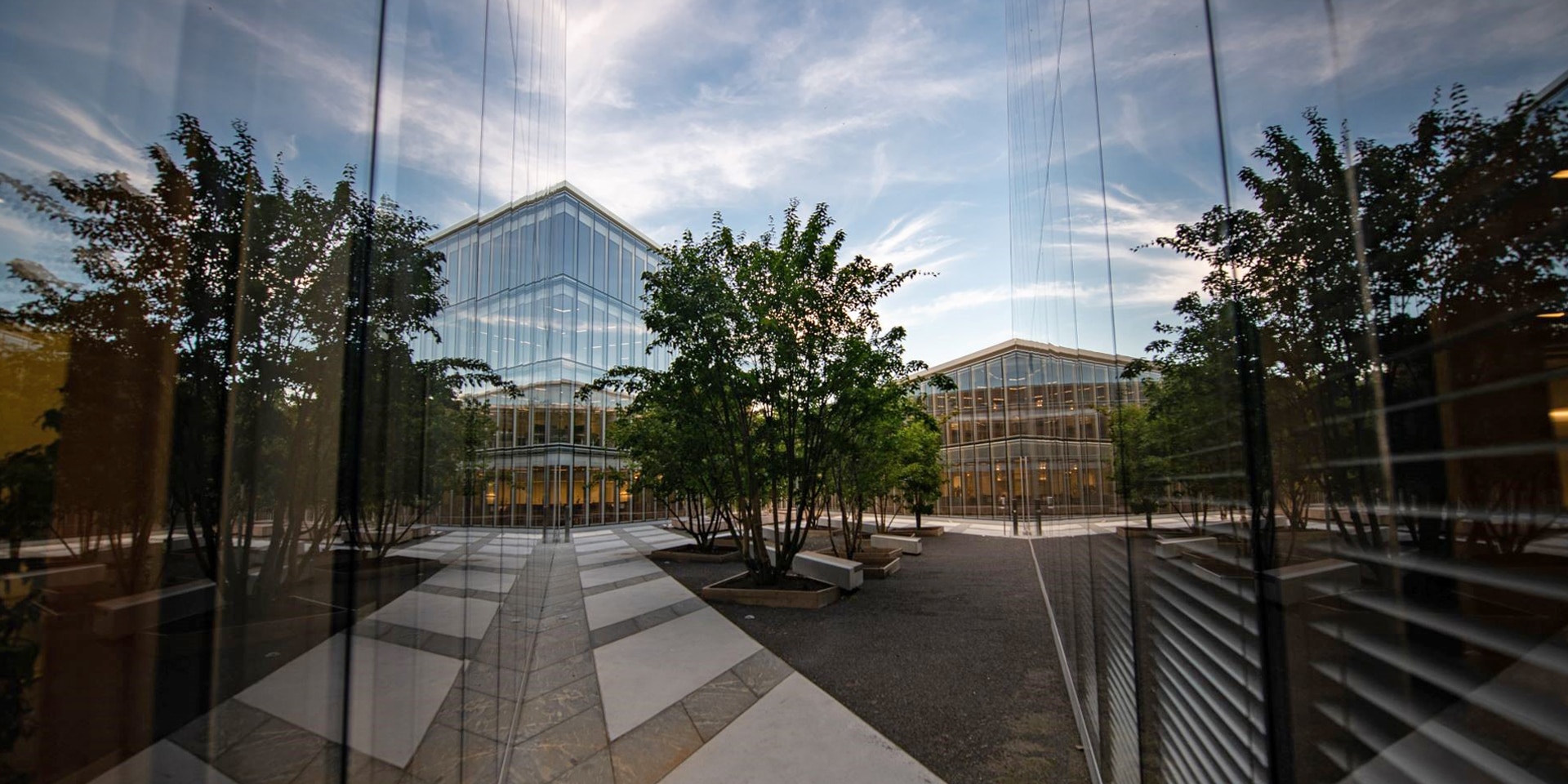The little-known story of Olivier Long and the Évian Accords of 18 March 1962
When the Évian Accords were signed by Algeria and France some sixty years ago, they put an end to 132 years of French occupation and more than seven years of war. Algeria declared independence shortly afterwards, on 5 July 1962. Switzerland played a key role in facilitating the signing of the accords, in no small part thanks to the perseverance and discretion of one of its diplomats, Olivier Long.

The steadfastness and determination of Swiss diplomat Olivier Long were decisive for the success of the negotiations. © Keystone
The 60th anniversary of the Évian Accords on 18 March 2022 is an central milestone in the story of Switzerland and Algeria's friendship and cooperation. It also provides an opportunity to recall one of the key events in the history of Switzerland's good offices.
Switzerland's role in the signing of the Évian Accords by Algeria and France on 18 March 1962 is still relatively unknown in the Alpine country. The same is true of Olivier Long, the Swiss diplomat whose consistency and determination were crucial to the success of the negotiations. Prior to Switzerland's diplomatic involvement, the Provisional Government of the Algerian Republic (GPRA) and France had made numerous unsuccessful attempts to reach an agreement.
Why did Switzerland offer its good offices?
The GPRA and the French government had met several times but were unable to agree on terms for a ceasefire.
In December 1960 the GPRA's representative in Rome, Taïeb Boulharouf, met Olivier Long and requested on behalf of the GPRA's president, Ferhat Abbas, that Switzerland provide its good offices. Max Petitpierre, who was then president of Switzerland's Federal Political Department (now the Federal Department of Foreign Affairs), agreed to the request as part of the policy of active neutrality Switzerland is pursuing.
Olivier Long's character and strong network of Algerian and French contacts made him the perfect diplomat for this delicate mission. Secret meetings took place in various Swiss towns, and Long's native commune of Veyrier would become the discreet setting for an important stage in the lengthy negotiation process.
The Long residence in Veyrier: a key stop on the road to the accords
Long organised another series of meetings to lay the groundwork for the negotiations. He then invited representatives of both parties to a secret discussion at his home in Petit-Veyrier in the canton of Geneva.
According to Jean-Denys Duriaux, who is president of the local historical association 'La Mémoire de Veyrier', this quite unexpected meeting took place on 8 March 1961, a year before the signing of the Évian Accords. Even the Federal Political Department was not told the details of the meeting in advance, which was very much in keeping with Long's personality. "He was known not only for his impartiality and diplomatic expertise, but also for his considerable discretion. Even his descendents in Veyrier never learned the details of his role in negotiating the Évian Accords. For that reason, he was nicknamed 'the Sphinx'."
Long's residence, a quiet estate surrounded by trees, offered the advantage of being near the French border. "Legend has it that the frogs living near the residence offered the first indication an intruder had arrived," explains Jean-Denys Duriaux. "When they fell silent, it meant an unwelcome guest had slipped onto the property."

Switzerland's supporting role behind the scenes
As a facilitator Switzerland did not directly take part in the talks, but nonetheless made a significant contribution. By supplying the logistical support and security required for the meetings and providing an impartial line of communication between the two parties, Switzerland established a level of confidence that was vital in negotiating an agreement.
Further negotiations were organised after the meeting in Veyrier: first in Évian between May and June 1961, then in Lugrin, France, in July 1961. The talks nevertheless concluded without an agreement. Olivier Long and his team of diplomats continued to organise secret meetings between the two parties, returning to Évian in March 1962. The Algerian delegation took up quarters at the Signal de Bougy, in Vaud, with Swiss helicopters ensuring their safe transfer to the negotiation venue on the other side of Lake Geneva.
It was in this setting that the Évian Accords would finally be signed on 18 March 1962. The endeavours of Olivier Long and Swiss diplomacy were immediately recognised. Firstly, they had ensured a channel of communication could be maintained between the two parties. And secondly, there was the logistical work: Switzerland was able to meet the Algerian delegation's request for accommodation outside of France, as well as the French delegation's request to negotiate on their own territory. All of this was done while providing airtight security. The combination of these factors makes the Évian Accords a highly instructive example of Switzerland's policy of providing its good offices.



